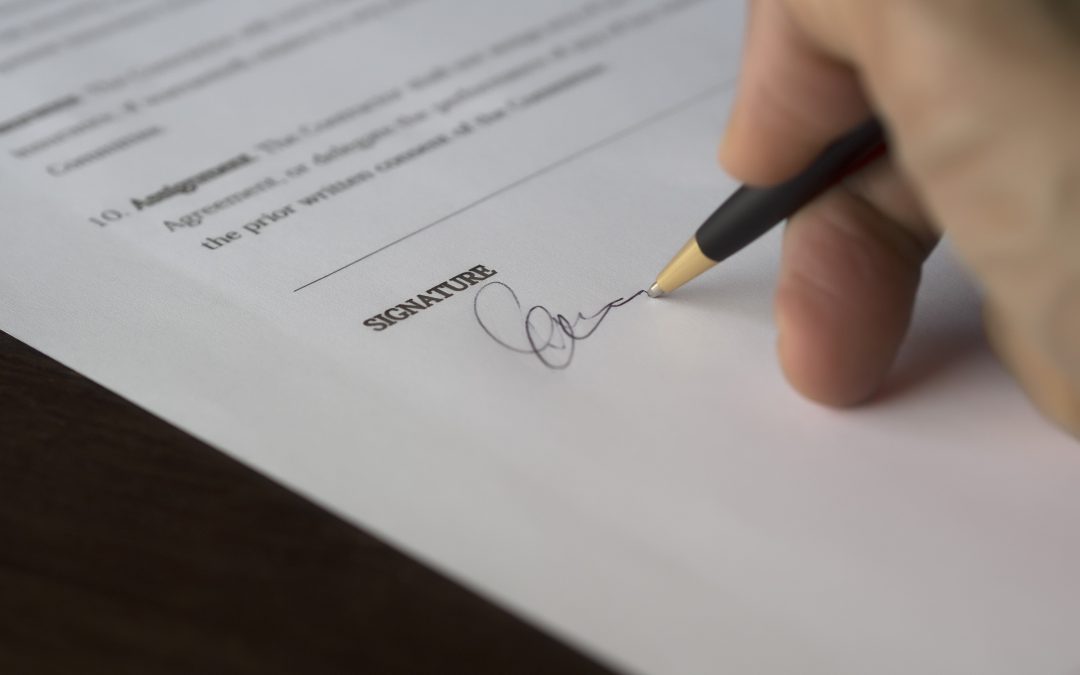Power Of Attorney
A power of attorney is a legal document that allows someone else to act on your behalf if you become unable to or if you no longer want to make your own decisions.
”209,600 will develop dementia this year, that’s one every three minutes.” – Alzheimer’s Society
Thinking about what would happen if our faculties deserted us can be uncomfortable and difficult. However, consider how much unpleasant the situation would be if you had a serious accident without sorting your power of attorney first. You might not be aware of but your loved ones wouldn’t even be able to access your money to pay for your care without power of attorney in place.
Different Types Of Power Of Attorney
There are different types of power of attorney. Each type gives your attorney-in-fact (the person who will be making decisions on your behalf) a different level of control.
The key point to remember: Your representative should only make a choice for you if you’re incapable to make that specific decision at the time it needs to be made.
A permanent power of attorney has different names in different parts of the UK:
- England and Wales: lasting power of attorney
- Scotland: continuing power of attorney
- Northern Ireland: enduring power of attorney
What is an ordinary power of attorney?
An ordinary power of attorney gives broad powers to a person to act on your behalf. You can limit the power you give to your attorney, they can for example only deal with your bank account but not your home.
Or help you:
- handling financial and business transactions
- buying life insurance
- settling claims
- operating business interests
- making gifts
An ordinary power of attorney is only valid while you have the mental capacity to make your own decisions.
If you want to set up an ordinary power of attorney you can contact your local Citizen’s Advice or get advice from a solicitor.
What is a lasting power of attorney?
There are two types of LPA:
LPA for financial decisions that can be used while you still have mental capacity or you can state that you only want it to come into force if you lose capacity.
Such as:
- selling property
- managing real estate
- collecting debts
- handling business transactions
LPA for health and care decisions which covers health and personal welfare and can only be used once you have lost mental capacity.
It can cover:
- your medical care
- where you should live
- where you are cared for
- day-to-day things like your diet
If you want to set up a lasting power of attorney contact the Office of the Public Guardian to access the relevant forms.
What is an enduring power of attorney (EPA)
An EPA covers decisions about your property and financial affairs. It’s valid if you lose mental capacity, or if you want someone to act on your behalf.
EPAs were replaced by LPAs in October 2007. Only EPAs made and signed before October 1, 2007 can still be used. After that date donors had to make a lasting power of attorney (LPA) instead.
Your Attorney
It’s important to know that your attorney can be anyone over the age of 18, such as a partner, family member, or friend. You need to trust your attorney to understand your wishes and make the decisions that you would want. Choose a person who won’t abuse the powers granted to him or her.
Note: If you want to you can have more than one attorney but you will need to decide whether these attorneys must act jointly or separately in making decisions.
Read More: ‘Make A Power Of Attorney To Avoid Disputes’
Subscribe to Tidy Tomorrow now and get access to exclusive content!

